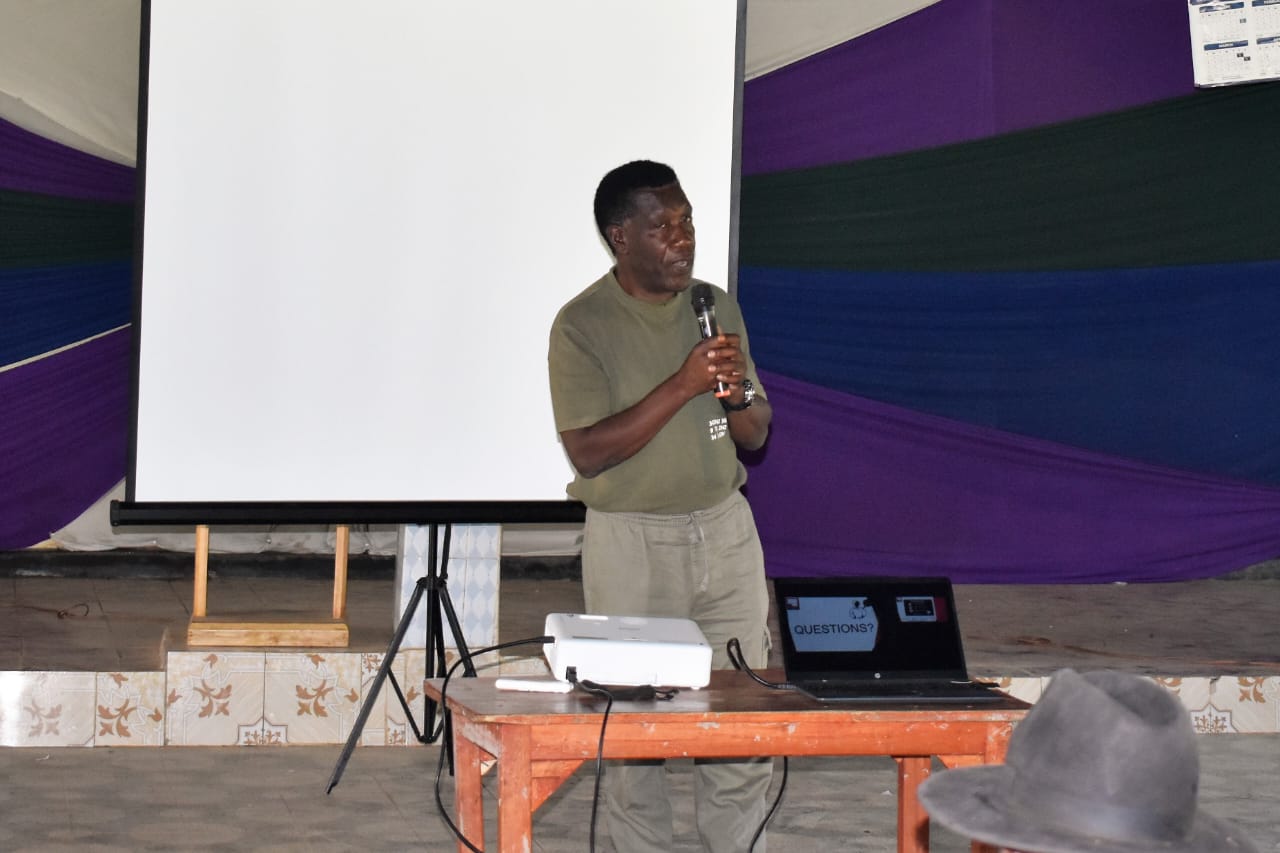Asking undergraduates to submit pen-on-paper essays is a desperate and retrograde step that undermines assessment rather than safeguards it. The same people who once resisted calculators are now resisting AI and ChatGPT, forgetting that every new tool once feared eventually became indispensable. History is repeating itself: fear blinds us to innovation, yet each generation’s “threat” often turns out to be the very catalyst that transforms learning and progress.
The return of handwritten essays as a safeguard against ChatGPT is perhaps the most unmistakable evidence that higher education is gripped more by fear than by vision. Instead of reimagining assessments for an age where artificial intelligence is part of daily reality, some universities are reverting to pen-and-paper examinations, as though retreating into the past can inoculate them against the future. Dan Sarofian-Butin, a respected education scholar, has rightly called this approach a hopeless response. Forcing undergraduates to write essays by hand is not only desperate, it is also retrograde, undermining learning rather than safeguarding it.
The deeper problem is that universities are reacting to ChatGPT as though it were a plague to be contained, rather than a tool to be understood and leveraged. Writing by hand in timed conditions does not produce deep, thoughtful work. It produces rushed, skeletal essays dictated more by stamina than by insight. It rewards speed over nuance, memorisation over critical engagement. Anyone who has sat through a handwritten examination knows that after the second hour, the mind dulls. The wrist aches, and whatever ends up on paper is often a poor reflection of what the student is actually capable of. Bringing this back as a serious academic measure in 2025 is an indictment of imagination in higher education.
Moreover, handwritten essays create a false sense of security. The logic seems simple: if students cannot type, then they cannot “cheat” with AI. But such thinking ignores the reality that students live, work, and will eventually build careers in environments saturated with digital technologies. From business to medicine, from teaching to law, AI is no longer a distant experiment but a daily assistant. To ban its use in assessments is not only futile but dishonest. It tells students that the real world, where AI will be integrated into every knowledge process, is irrelevant inside the classroom. What kind of preparation is that? Universities should be equipping students to think critically with AI, not imagining that they can banish it with blue books and fountain pens.
READ ALSO:
Repulse and report: Maseno VC’s stark warning to freshers on radicalisation
There is also an equity issue at play. Not every student has the same handwriting speed, dexterity, or comfort. Some may have disabilities, motor challenges, or have grown up in digital-first environments where writing two thousand words by hand in three hours is not a measure of intellect but of endurance. Forcing everyone back to such a system is discriminatory. It overlooks inclusivity in assessment, a commitment that universities worldwide have made to uphold. In Kenya, for example, the Competency-Based Education (CBE) emphasises learner-centred approaches and digital literacy as core competencies. To then imagine that when these learners transition to university, they should be stripped of tools and told to scratch out essays as though it were 1955 is absurd.
Instead of retreat, this moment calls for reinvention. Suppose ChatGPT can produce a competent five-paragraph essay in thirty seconds. In that case, the challenge for lecturers is to design assignments that demand more than regurgitation. Oral defences, multi-stage projects, iterative drafts, and portfolio assessments offer richer insights into a student’s learning journey. Asking learners to use, cite, critique, and improve upon AI is far more future-proof than forcing them to pretend it does not exist. A history student, for instance, could be tasked with generating a ChatGPT essay on Mau Mau resistance and then required to fact-check, annotate and expand it using primary sources. That is real intellectual work – work that prepares them for a world where sifting truth from machine-generated noise will be a daily necessity.
Kenyan universities in particular must resist the temptation of knee-jerk policies. Already, students and lecturers alike are using AI in subtle ways, from brainstorming to grammar polishing. Instead of criminalising its presence, institutions should formalise its use, teach ethical guidelines and encourage transparency. The real danger is not that students will use ChatGPT but that they will use it poorly, uncritically, and secretly. Hiding behind handwritten essays does not solve this; it only drives the practice underground.
The truth is that higher education has faced similar “moral panics” before. When calculators first appeared, schools banned them out of fear that students would never learn arithmetic. When the internet entered classrooms, plagiarism alarms rang and yet education adapted by teaching citation, digital literacy, and critical evaluation. Each technological leap brought anxiety, but also opportunity. ChatGPT is no different. The universities that thrive will be those that adapt their curricula, rethink their assessment methods, and train students to harness AI wisely. The ones that cling to pen and paper will only expose their irrelevance.
Sarofian-Butin is right: the return of handwritten essays is hopeless. It is an evasion of responsibility, a nostalgia dressed up as pedagogy. Universities must do better. They must trust that the essence of education is not in the medium of ink or keyboard. However, in the habits of mind we cultivate: curiosity, scepticism, creativity, and resilience. These cannot be outsourced to machines, but they can undoubtedly be sharpened in dialogue with them. The future belongs not to those who run backwards into the past, but to those who walk boldly into the AI age with eyes open and pens—whether digital or ink—ready to write with it, not against it.
By Ashford Kimani
Ashford teaches English and Literature in Gatundu North Sub-County and serves as Dean of Studies.
You can also follow our social media pages on Twitter: Education News KE and Facebook: Education News Newspaper for timely updates.
>>> Click here to stay up-to-date with trending regional stories
>>> Click here to read more informed opinions on the country’s education landscape






